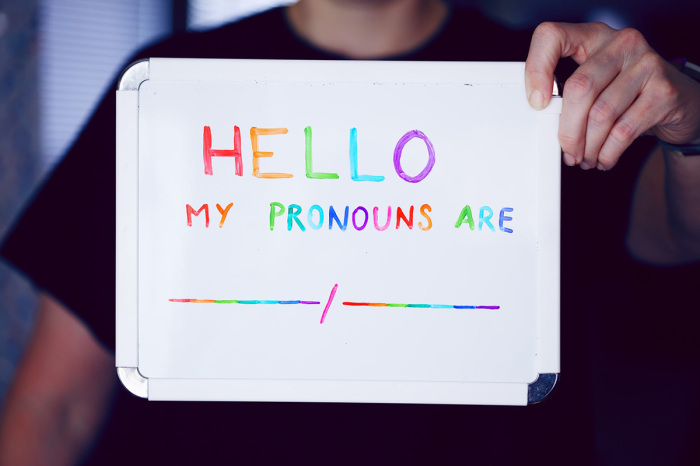Canadian tribunal rules that using ‘wrong’ pronouns violates human rights, awards $30K to trans-identified woman

A Canadian human rights tribunal has ruled that a restaurant wrongfully fired an employee who demanded that the business use nonbinary pronouns, awarding the ex-employee $30,000.
The British Columbia Human Rights Tribunal released a ruling last week in favor of Jessie Nelson, a former employee of Buono Osteria who prefers the pronouns of they/them.
At issue was the restaurant using female pronouns for Nelson, with the business firing her and claiming that she had become too “militant” in the demand to be identified as nonbinary.
Tribunal Member Devyn Cousineau authored the opinion, concluding that the refusal to use Nelson's preferred pronouns “amounted to discrimination.”
“All employees have the right to a workplace free of discrimination. Trans employees are entitled to recognition of, and respect for, their gender identity and expression. This begins with using their names and pronouns correctly,” wrote Cousineau.
“Like a name, pronouns are a fundamental part of a person’s identity. They are a primary way that people identify each other. Using correct pronouns communicates that we see and respect a person for who they are.”
The decision contrasted the actions of someone who uses a correct pronoun at first before accommodating a person by using the individual's preferred pronoun and someone who intentionally refuses to use the preferred pronouns of an individual who identifies as nonbinary.
“I order Buono Osteria to include a statement in its employee policies that affirms every employee’s right to be addressed with their correct pronouns,” continued the tribunal. “I also order Buono Osteria to implement mandatory training for all staff and managers about human rights in the workplace. This training should be no less than two hours. I understand that Jessie Nelson has recommended a well‐regarded training provider and I encourage the restaurant to avail itself of this option.”
Tanner Hnidey, a Christian writer from Alberta, penned a column on his website denouncing the ruling as a rejection of objective truth and a disturbing restriction on free speech.
“Now it’s one thing for a person to think they are a different gender than they actually are. It’s one thing for a man to believe he’s plural when he’s singular in reality,” wrote Hnidey.
“It’s quite another thing to force us to believe what another believes; coercing us to say what others want us to say. And that’s precisely what the BC Human Rights Tribunal ruled.”





























